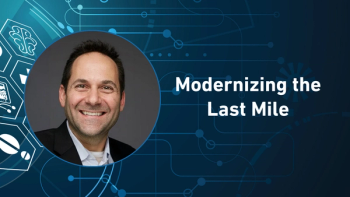
What will aggregate-spending rules do to healthcare provider recruitment?
A potential unintended consequence of the Physicians Sunshine Act: Some job-candidate interviews will become a publicly accessible record
It’s still early innings in the implementation of the Physicians Sunshine Act, a part of the Affordable Care Act that requires pharma and med device companies to report financial arrangements or other “transfers of value” to licensed physicians and other healthcare providers. The law’s
According to Kim First and Jeff Applebaum, CEO and COO, respectively, of The Agency Worldwide, a Los Angeles-based recruitment firm specializing in researchers, medical directors and other high-level pharma and med device executives, the Sunshine Act has stopped some negotiations with candidates in their tracks, or has changed the not-uncommon practice of handing over an airplane ticket for a candidate to meet with a hiring company’s executives. But overall, says First, “it’s the unknowns that people are scared of.” The usually confidential process of recruitment “could become a record that will searchable when the public reporting begins.”
As
The Agency Worldwide’s First says that only some pharma companies’ HR offices are aware of the rules—but among those that are, such practices as conducting online video interviews are one workaround; another is to put any recruitment costs on the candidate’s shoulders rather than their own. (And, presumably, job candidates coming from other pharma companies, rather than from academia or health systems, are outside the system’s scope.) Other sources, such as ProPublica, an investigative-journalism concern that runs the “Dollars for Docs” website, have already
While this situation makes a hash of executive recruitment until all its ramifications are worked through, The Agency Worldwide’s Applebaum says that at least as far as his firm is concerned, business has never been better. The first quarter of each year is usually a quiet time for recruitment, he says, but his company has seen its activity jump by 200% from the previous quarter, and “all are clients seem to be hiring now,” especially in areas relating to pharmacovigilance and drug safety.
Newsletter
Stay ahead in the life sciences industry with Pharmaceutical Commerce, the latest news, trends, and strategies in drug distribution, commercialization, and market access.




